Growing Pains: Osgood-Schlatter’s & Sever’s
October 17, 2018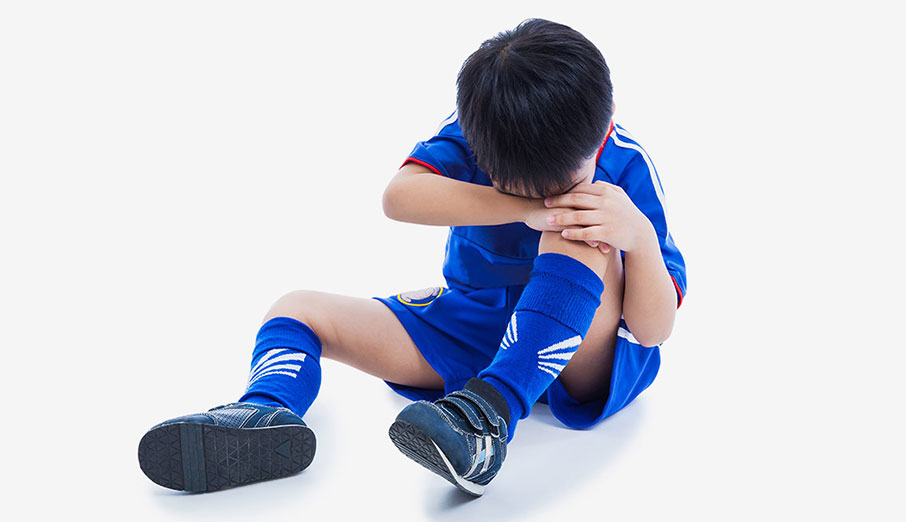
Knee pain and heel pain are common complaints in kids, particularly active kids between the ages of 10-14 years. Common culprits for these pains are Osgood-Schlatter’s Disease and Sever’s Disease.
In Osgood-Schlatter’s and Sever’s pain arises from traction on a small growth plate just under the bit of bone to which a tendon attaches. In the case of Osgood-Schlatter’s this growth plate in high up on the front of the shin and is under the attachment of the patella tendon. In the case of Sever’s Disease the growth plate is at the back of the heel and is under the attachment of the Achilles tendon.
These conditions most commonly occur during growth spurts. While bones grow at an increased rate during a growth spurt, muscle lengthening lags behind by a few months. As a result, there is increased tension on muscles, tendons and these growth plates during this time. Other factors that increase the risk of developing these conditions include:
- Biomechanical issues
- Increased training load
- Muscle weakness
The good news about Osgood-Schlatter’s and Sever’s is that they are self-limiting. In more than 99% of cases they resolve once you finish growing at the latest. More often they resolve by a few months after the growth spurt has ended or after the sport season associated with the increased training load has ended.
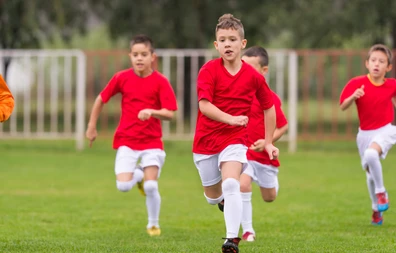
Other good news about these conditions is that the pain is not associated with risk of doing further damage. Whereas for injuries such as joint sprains and muscle strains a period of no or reduced activity needs to be undertaken to allow time for the tissues to heal, for Osgood-Schlatter’s and Sever’s normal activity can continue provided the pain is kept at a manageable level. If pain levels are too high, or are not improving despite treatment and rehab, then a reduction of activity levels should be trialed before complete withdrawal from physical activity / sport.
Treatment of conditions like Osgood-Schlatter’s and Sever’s may include massage, taping and joint mobilisations. Rehab and self-management strategies are very important as well and may include stretches, strengthening exercises, biomechanical retraining, self-taping and pain-relief strategies.
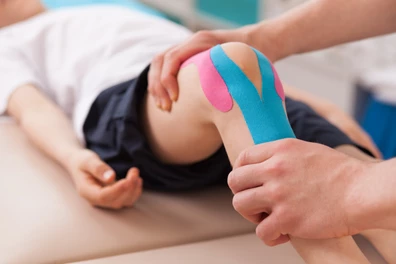
Do you know a kid who is struggling with either of these conditions? Get them to see our friendly physiotherapist in Aubin Grove to start to help with their treatment for Osgood-Schlatter’s and Sever’s Disease.
-
 What Can Make Neck Pain a Headache?
What Can Make Neck Pain a Headache?
Often people experiencing a headache are also experiencing neck pain/tightness a...
-
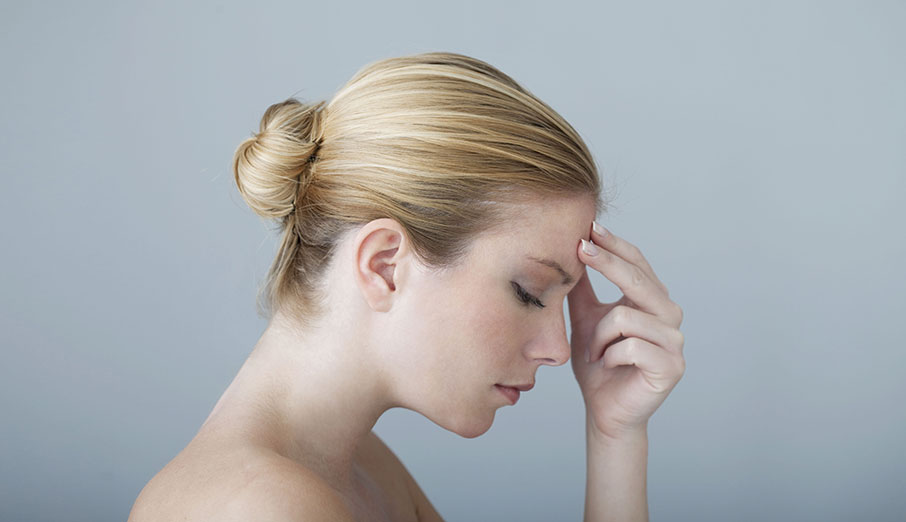 How Physio Can Help Your Headaches
How Physio Can Help Your Headaches
Headaches are no fun. Some people will only experience short-term headaches ever...
-
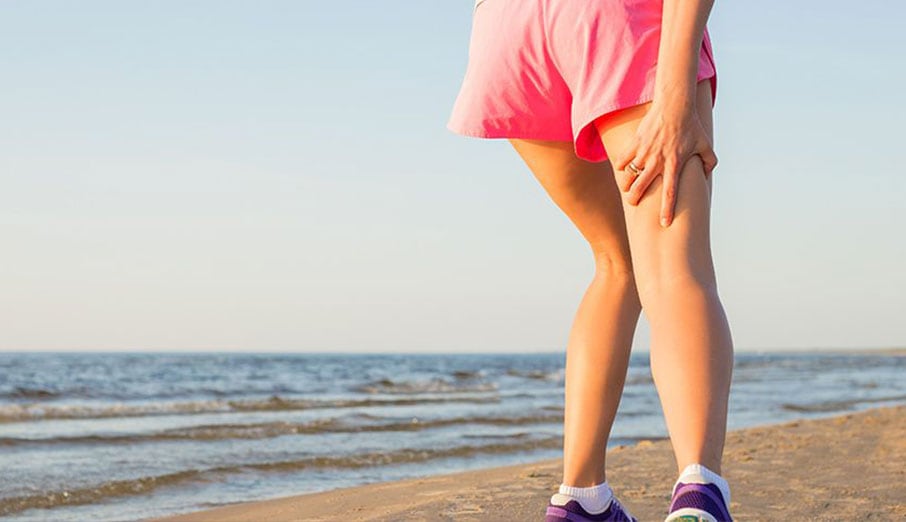 Muscle Strains
Muscle Strains
Winter sports are back and with them come more muscle strains, particularly hams...
